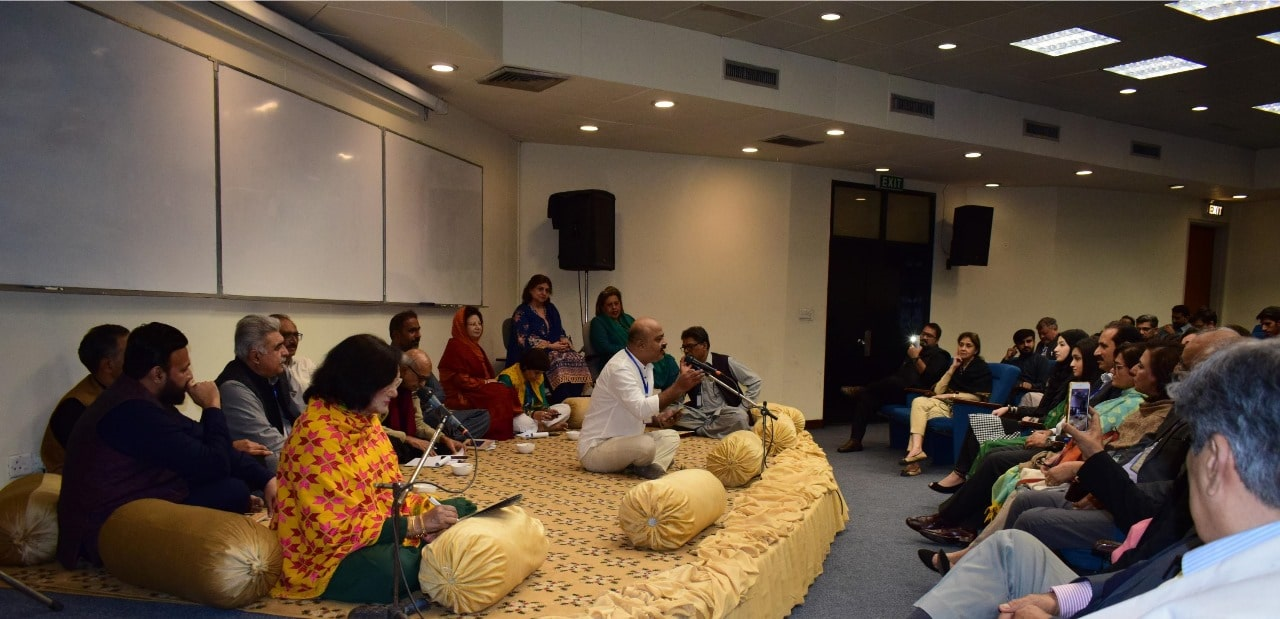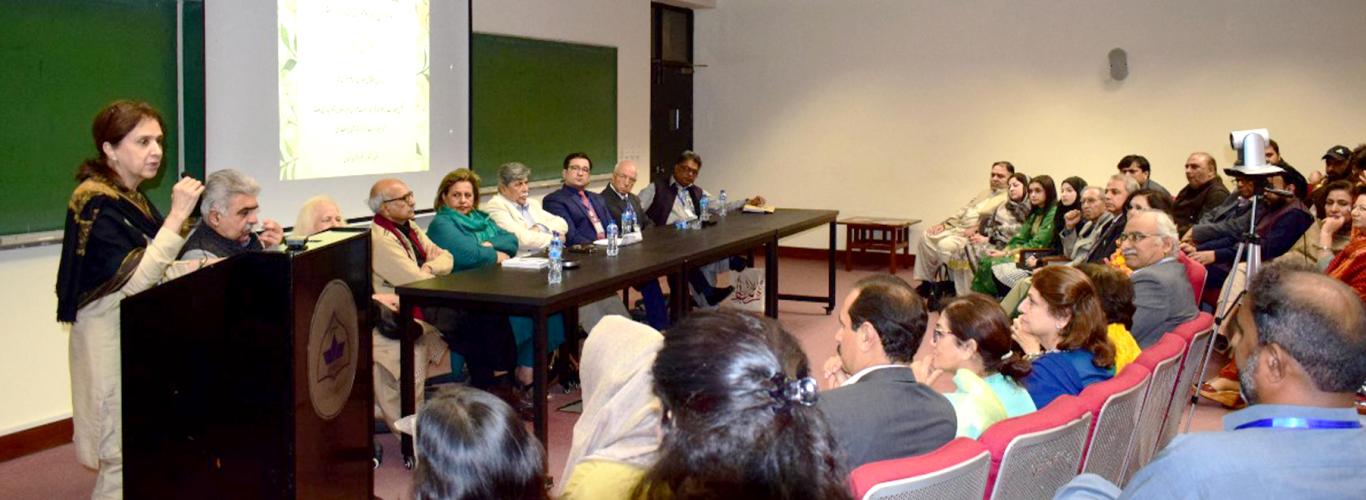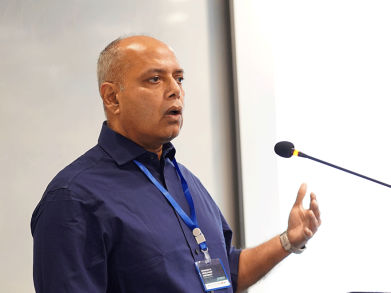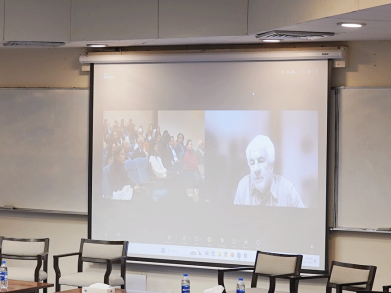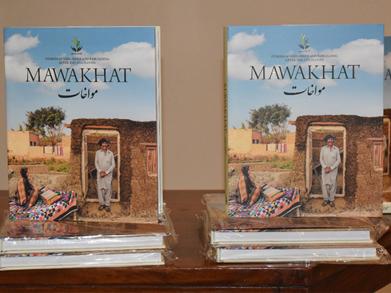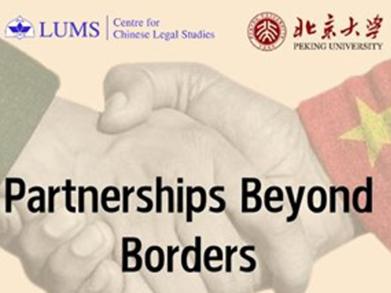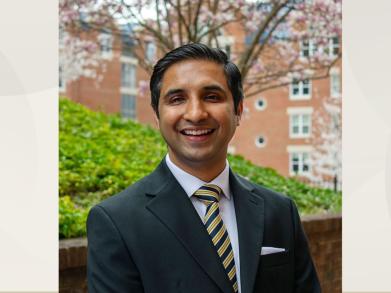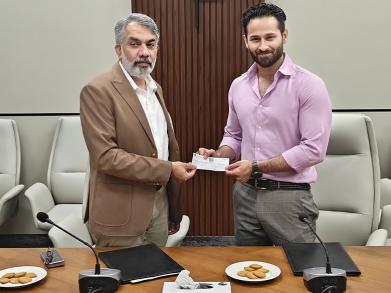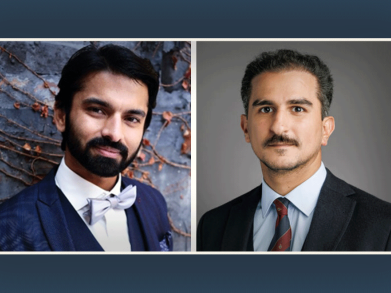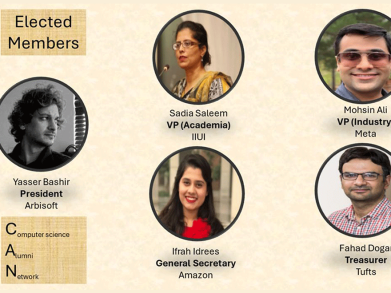Gurmani Centre for Languages and Literature Holds Conference that Explores Linguistic Diversity
The inaugural session commenced with a warm welcome from Dr. Nadhra, who shed light on GCLL’s many programmes and projects. Dr. Nayyar discussed the evolution of literature while establishing the theme of the conference. He also addressed the importance of understanding and appreciating contemporary literary trends in each language.
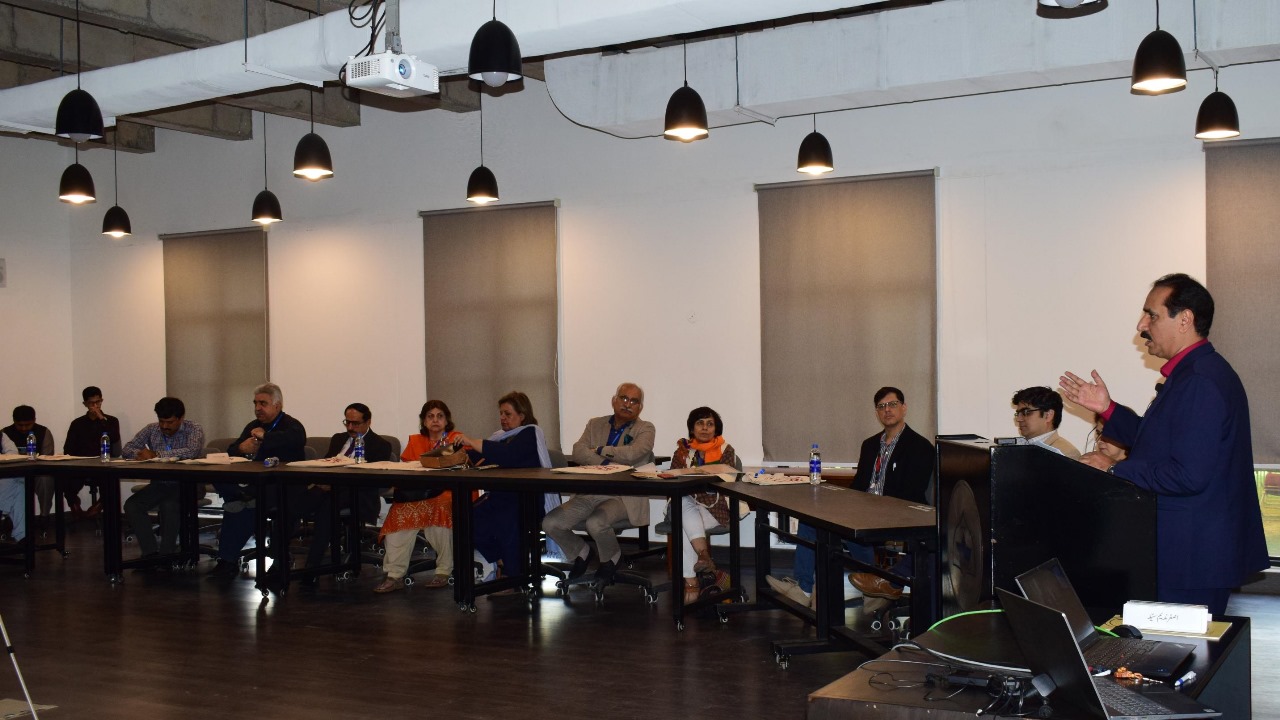
Syed Babar Ali, Founding Pro Chancellor, LUMS, was also present at the event and shared his thoughts on the significance and dignity of languages. Keynote speaker Jami Chandio, Executive Director of the Centre for Peace and Civil Society, spoke about the importance of discourse and intellectual awareness. Mr. Chandio emphasised literature as the most authentic expression of human experiences, providing a unique perspective on internal and external societal crises.
Shafey Kidwai, an esteemed academic from Aligarh Muslim University, India, delivered the presidential address, applauding the initiative and offering insightful commentary on the aspects of linguistic diversity and associated risks. Mr. Kidwai highlighted diverse linguistic traditions in the region, focusing on potential threats and urging thoughtful consideration of whether linguistic diversity truly exists within our own identities.
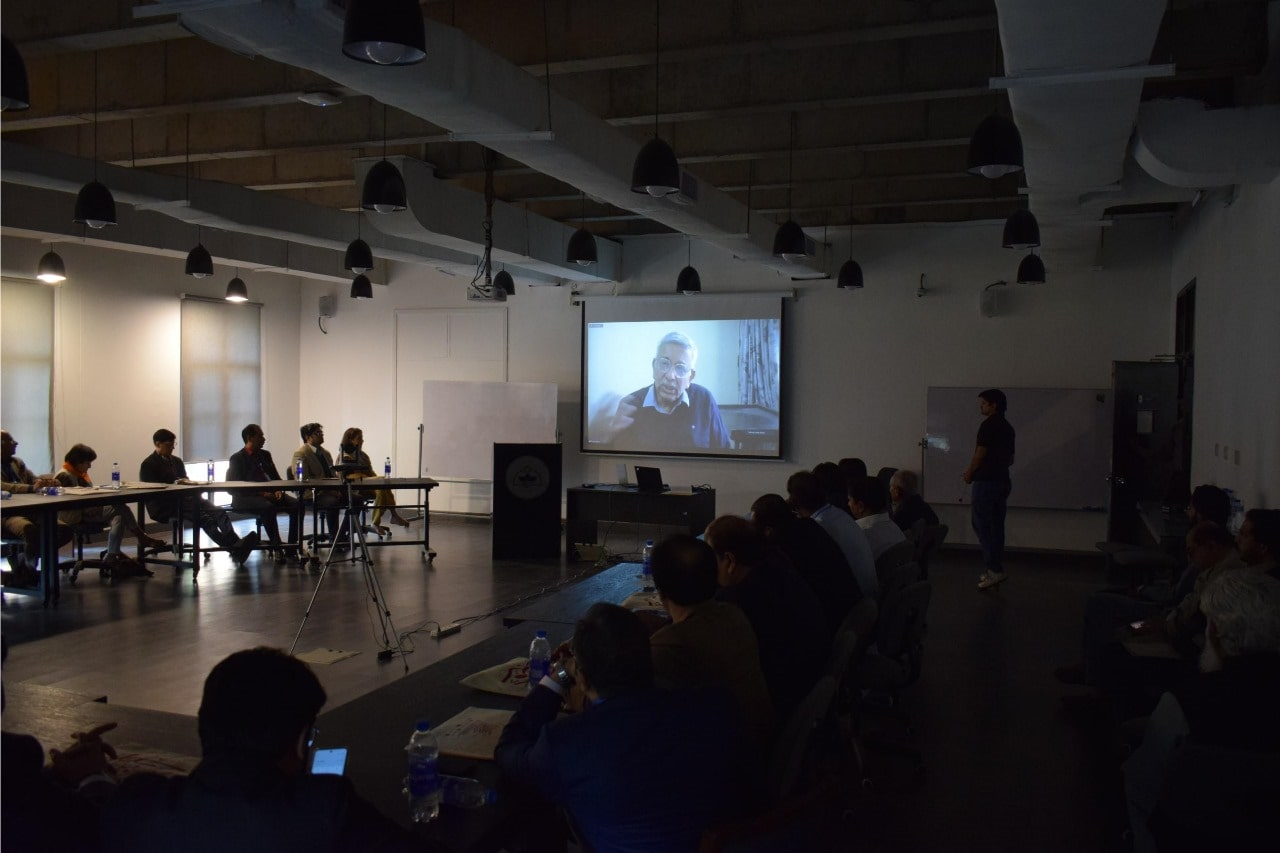
Structured into seven sessions, the event explored the contemporary trends of literature in Urdu, Saraiki, Punjabi, Balochi, Pashto, and Balti. Dr. Tariq Rahman, a renowned scholar and researcher, gave a talk on ‘Non-Linguistic Factors in the Production of Literature’.
Dr. Ali Khan, Associate Professor and Dean of the Mushtaq Ahmad Gurmani School of Humanities and Social Sciences (MGSHSS) at LUMS, concluded the session and thanked the literary figures and scholars for their attendance. He expressed hope that the conference would aid in understanding the diverse linguistic and literary perspectives of Pakistan. Dr. Waqar Zaidi, Chair of the Department of Humanities and Social Sciences at MGSHSS, shared a note of thanks that marked a thoughtful closing to the insightful session.
Lastly, a Mushaira was held, bringing together poets from across the country to celebrate the richness of Pakistani literary heritage. This impactful conference highlights the importance of literature in promoting unity in the face of linguistic and cultural diversity. Overall, the gathering encouraged writers and intellectuals to play a vital role in bringing together Pakistan's diverse literary and cultural heritage.
